When it comes to feeding our pets, we can easily get caught up in the latest trends and age-old beliefs. Our Central Kentucky Veterinary Center has encountered a few eyebrow-raising pet nutrition stories.
From the idea that raw diets are beneficial for dogs to the classic misconception that cats thrive on a bowl of milk, nutrition myths abound and can lead to some misguided feeding habits. We debunk these common myths, so you can make the best nutrition decisions for your four-legged friend.
Myth 1: By-products are bad for pets
By-products often get a bad rap, because they sound like leftovers no one wanted. But, to clarify—by-products include nutritious organ meats and more that, although not appetizing to humans, are a natural part of a pet’s diet.
Think of by-products as the nutrient-packed, beneficial bonus ingredients. Many high-quality pet foods include by-products that offer necessary proteins, vitamins, and minerals, which may not sound gourmet to us, but they are appreciated by your pet’s digestive system.
Myth 2: Raw diets are better than commercial dog food
Raw diets are a current hot topic among pet owners. Many like the idea of feeding their dog raw meat, bones, and organs, because that sounds like a connection with their wild ancestors. However, while Fido may feel like a mini-wolf, he has long been domesticated, and raw diets do not provide all the nutrients he needs.
Contrary to some beliefs, commercial dog food is carefully balanced to meet all your pet’s nutritional requirements. In addition, raw diets can carry risks of bacterial contamination, like salmonella, not only for your pet but also for you and your family. Raw diets must be meticulously planned and prepared, and do you really have time to whip up a five-star raw feast every day? Sticking to high-quality commercial dog food keeps things simple and safe.
Myth 3: Grains are bad for dogs
Many pet owners avoid grains, thinking they’re harmful and cause allergies, but grains like rice and oats provide essential nutrients, including carbohydrates and fiber. Also, true grain allergies in pets are rare—food allergies are most often linked to proteins like beef or chicken.
The recent grain-free diet trend raises concerns, because researchers have found a potential link to dilated cardiomyopathy (DCM), a serious heart condition in dogs. Grain-free diets often substitute grains with legumes or potatoes, possibly leading to a nutritional imbalance. Always consult with our veterinarian before switching to a grain-free—or any new—diet.
Myth 4: Cats can eat a vegetarian diet
Cats on vegetarian diets are like fish out of water. Cats are obligate carnivores and require certain nutrients found only in animal products.
A vegetarian diet lacks taurine, an essential amino acid for cats, and can lead to severe health problems, including heart disease or blindness. Your cat would no doubt look cute nibbling on a carrot, but for their sake, ensure they get their fill of meat-based proteins.
Myth 5: Milk is good for cats

Unfortunately, the age-old picture of a cat drinking milk doesn’t hold up under scrutiny. Most adult cats are lactose intolerant, and milk can lead to tummy troubles, diarrhea, and one extremely uncomfortable feline.
If your cat insists on trying to steal your morning cereal milk, give them a pet-safe treat after breakfast, or add a few ice cubes to their water bowl to make drinking fun by keeping the water cool and refreshing.
Food for thought
Sorting through pet nutrition myths can be as complex as finding the right kibble. What matters most is sticking to facts and giving your pet a balanced diet that suits their individual needs. When in doubt, consult with our knowledgeable staff at Central Kentucky Veterinary Center. Also, when choosing commercial pet food, look for the quality seal of the Association of American Feed Control Officials (AAFCO) on the label.
Our team is here to help you cut through the chatter and find what works best for your pet. If you would like personalized advice and help with formulating an individual diet for your pet, book an appointment with us as soon as possible. We take your pet’s nutrition as seriously as you do.

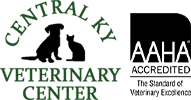
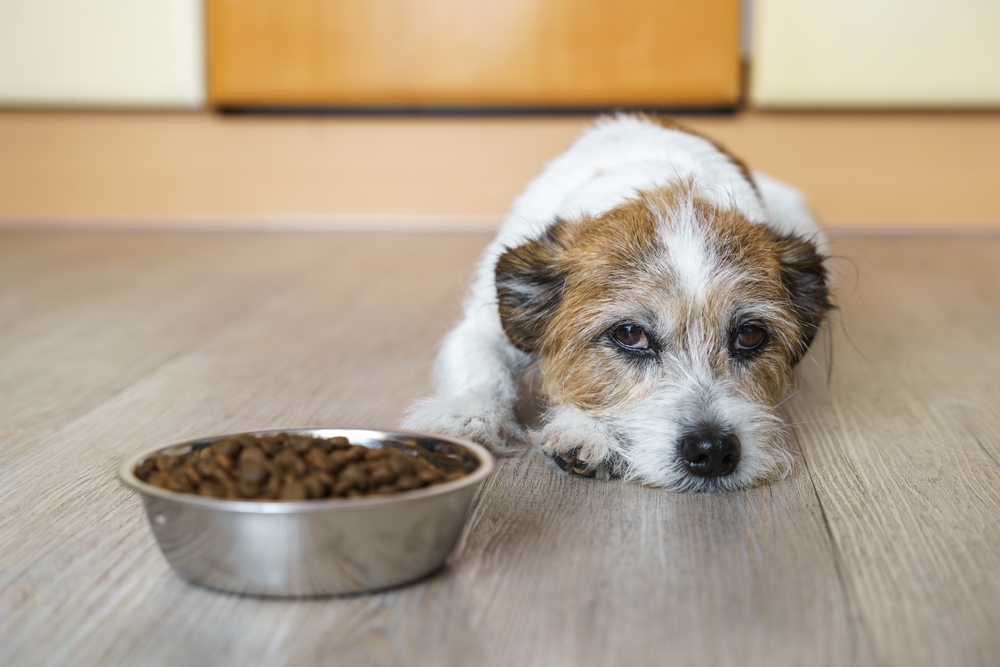
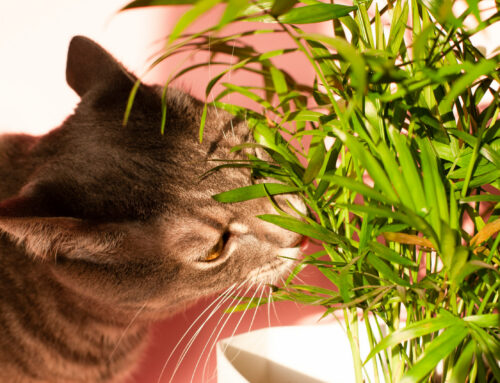
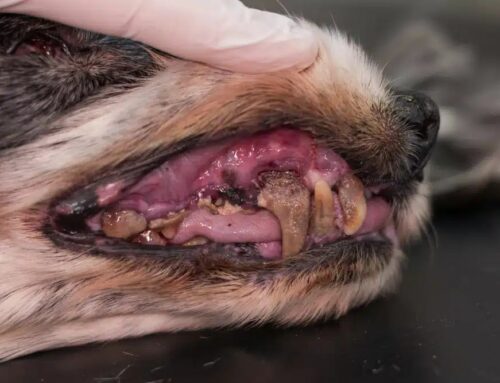

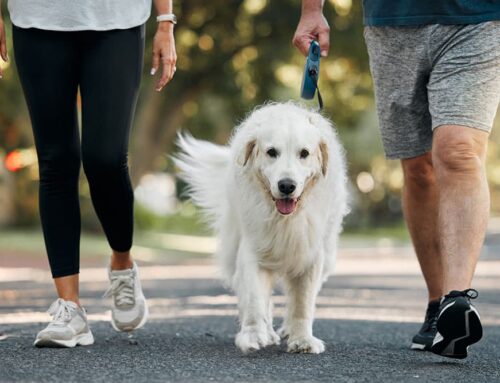
Leave A Comment